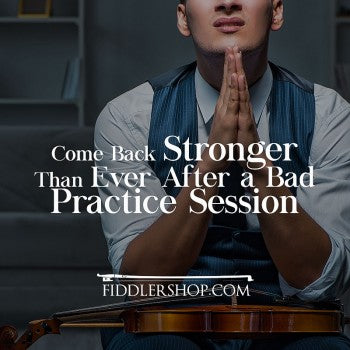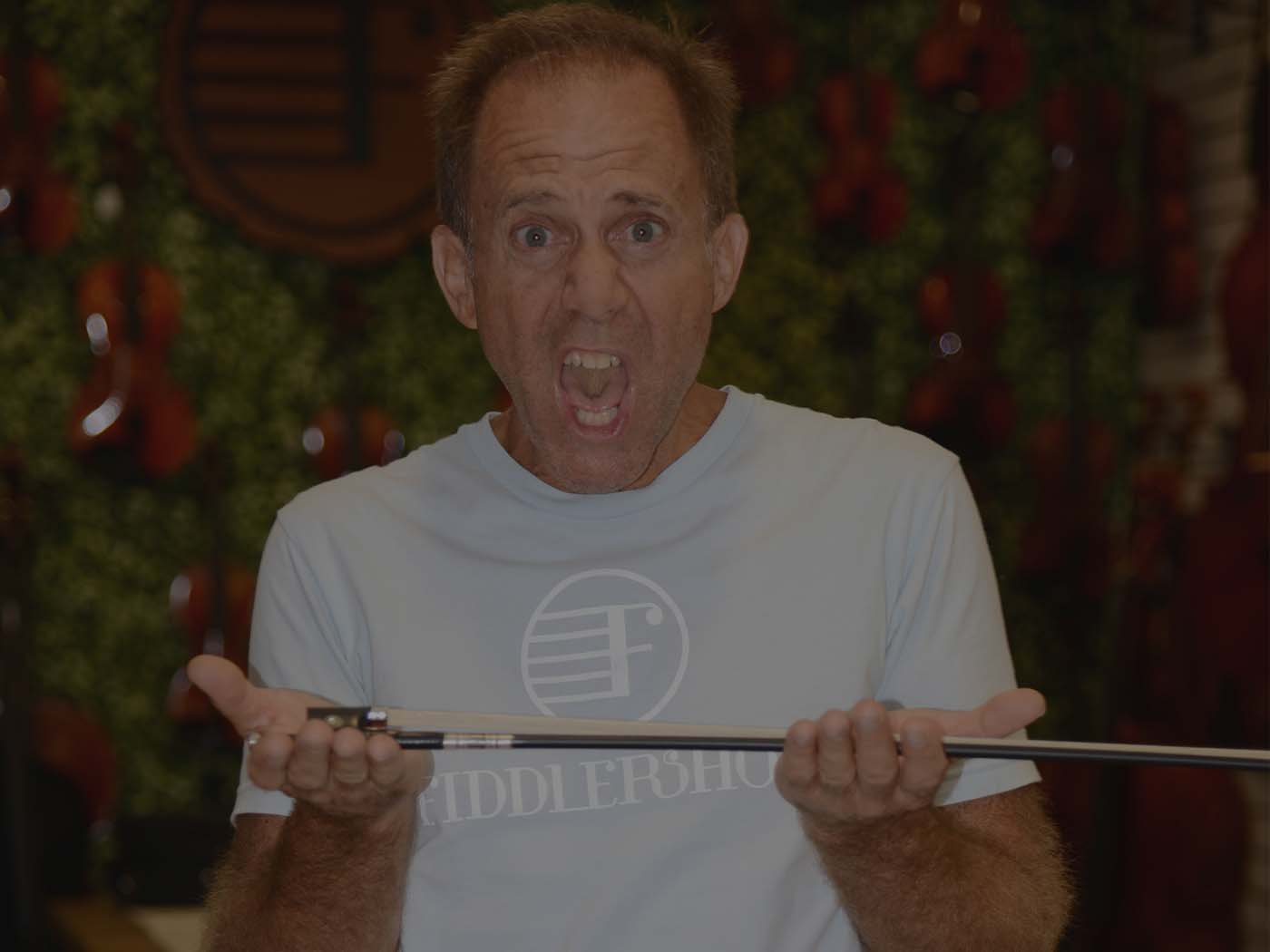By Jasmine Reese - If you've been invited to play your first solo with a community, youth, or professional ensemble, you most likely have a mad rush of different emotions streaming through your blood.
Playing a concerto (a work for a solo instrument and an ensemble) with an orchestra is fun, exhilarating, and, yes, nerve-wracking!
Preparation includes practice, memorization, and rehearsals. You're not only practicing the notes and expression, but you also learn how to perform and collaborate with a larger group of musicians. It's different from playing with a chamber group or piano accompaniment.
I asked a panel of amateur, professional, and student musicians about playing a solo with an orchestra. Here's how they responded.
 Caroline Adomeit-Gadd - concert violin soloist and teacher
Caroline Adomeit-Gadd - concert violin soloist and teacher
My First Solo
I was maybe 12 years old when I got asked to play the Mozart Violin Concerto in D-major KV 218 with an orchestra.
I had been attending some master classes, and the professor there recommended me to play with the orchestra. It was exciting for me, and I felt extremely grateful for being given the opportunity to perform.
Preparation
I had already learned the concerto when I was a little younger and was used to playing with piano accompaniment. So, when the first rehearsal started it was like coming home. From my fellow violin players playing the opening theme and the whole orchestral sound at the beginning to my entrance with the solo, it was all a very rewarding experience.
The preparation in the rehearsals was mostly to connect with the conductor and orchestra and find the balance to come across soundwise.
Advice
Be very well prepared in advance, as usually there are not many rehearsals.
Buy the score, or have a look at it. You'll not only know what you are playing as a soloist but can also connect your part with the orchestral parts.
Take into consideration that the ideas about tempos can differ between musicians, and you need to communicate with the conductor and be flexible and open to new ideas.
Remember, each performance is unique. Enjoy the concert!
 Gene Huang - amateur violinist
Gene Huang - amateur violinist
My First Solo
Since returning to the violin as an adult restarter, it was my goal to perform a major concerto with an orchestra.
About a year after joining the South Bay Philharmonic, I worked up the courage to volunteer to play a solo with them; I basically just asked the music director if he would program me in for a future concert.
His initial response was that "the programs were already set for about a year out, but we’ll see." The orchestra has a concert format where small groups can self-organize and perform short pieces after intermission.
For the next concert, I organized a quartet to perform Mozart’s Divertimento K 136; I played the first violin part. I guess that performance gave the music director enough confidence in my playing that he programmed me in for Mendelssohn's Violin Concerto in E Minor two concerts later!
Preparation
Excerpt from Gene's blog:
Being that it was the first time performing an entire major work, and although I had prepared well, I started the evening thinking "What if it's a disaster -- what if nerves get the better of me, or I have a catastrophic memory lapse?" and "Can I handle the pressure? C'mon, this isn't Carnegie Hall!"
To my surprise, I felt calm during the performance and even experienced moments of joy, which was a first for me since I'm usually too nervous performing solo to have any fun. I ended the evening thinking, "Yes, I really can do it, and next time I will perform even better!"
Advice
Definitely look for opportunities to play your piece for audiences -- maybe in more informal settings -- before your “real” performance. The more, the better. Also, video record yourself and be highly self-critical of your areas for improvement. Preparation is the key to feeling less nervous on performance day. On the day of, just go for it and have fun!
 Scott Flavin - professional symphony violinist, concertmaster, conductor, and Professor of Violin at University of Miami Frost School of Music
Scott Flavin - professional symphony violinist, concertmaster, conductor, and Professor of Violin at University of Miami Frost School of Music
Advice
The most important element in being successfully considered for a solo opportunity is communication. It must not be taken for granted that intonation, good tone, correct style, and memorization must be prepared. However, it is communication, in many forms, that becomes of greatest importance.
Communication is about sharing. If we don’t express our ideas with clarity, conviction, and heart, we will lose the audience.
Let’s face it—there are many very high-level violinists, but far fewer of them create a dialogue with an audience. It is that act of sharing that gets at the very heart of why we do what we do!
 Karen Allendoerfer - amateur violist
Karen Allendoerfer - amateur violist
My First Solo
I've been a member of my orchestra for two years. I've played the Schubert Cello Quintet in a chamber group with this orchestra, and two of my friends from that quintet had already played solos with the group -- so they inspired me. I will play my first solo in April 2018!
Preparation
I have a lesson with my viola teacher every two weeks. I'm memorizing it and listening to different recordings every day. I'm recording myself, watching the recordings, and posting them to a practice challenge group. I am also going to play it in a church as a prelude and offertory to get some experience playing it in front of people before the performance.
Advice
Listen to a number of different recordings. Try to memorize it, even if you ultimately decide to have the music there as a safety net. Do a practice run with a friendly audience if you can arrange it.
Sarah Wright - amateur violinist
My First Solo
When I was 16, I won a competition. It was the only concerto competition I ever won as a pre-college student, and at that age, my teacher would go to rehearsals and basically tell me what to do.
As an adult, I entered an amateur adult competition with the last movement of the Brahms Violin Concerto.
Preparation
I had taken 15 months off from playing after the birth of my son and had two to three months to prepare. I had my first lesson over Skype with someone I've known for well over a decade, and I freaked out due to the nerves.
In a lot of our lessons, we discussed mental preparation and how to feel my best when I was nervous, etc... I also played for several friends to prepare for the competition itself. Surprisingly, I won.
I was a nobody in the local music scene, and most of my day was focused on my career as a pharmacist. The orchestra and conductor were so warm and welcoming, and the conductor especially put me at ease. We had a nursing home performance in addition to the two concerts and having multiple performances put less pressure on each individual performance.
Advice
I would say that the most important things for me were to maintain my sense of rhythm; the orchestra, in many cases, will be playing a split second behind the soloist. Additionally, remember that the responsiveness isn't going to be nearly as quick as playing with a pianist accompanying.
And sometimes, if the orchestra takes a different tempo than what was originally planned, you just have to go with it.
But mostly, my advice is to enjoy the moment and have fun. For 99.9% of musicians, including myself, it's a rare and wonderful opportunity.

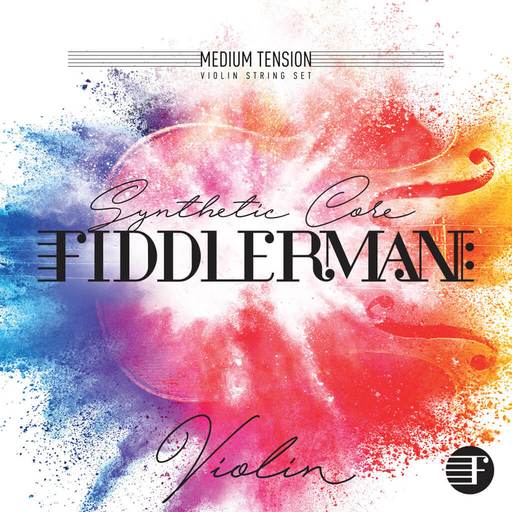
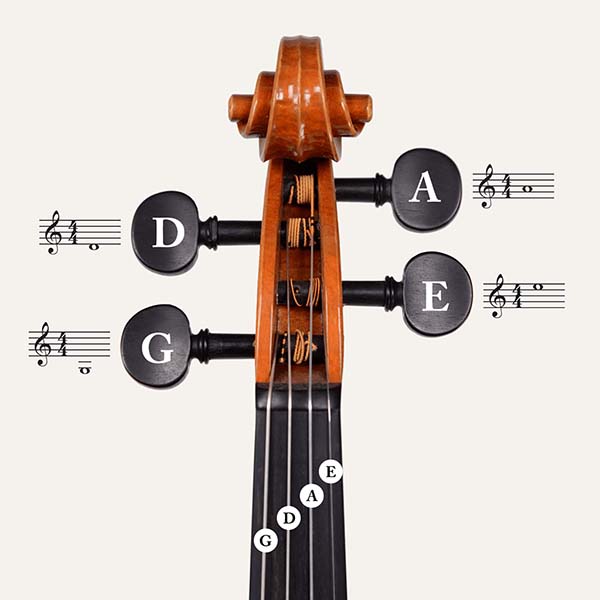
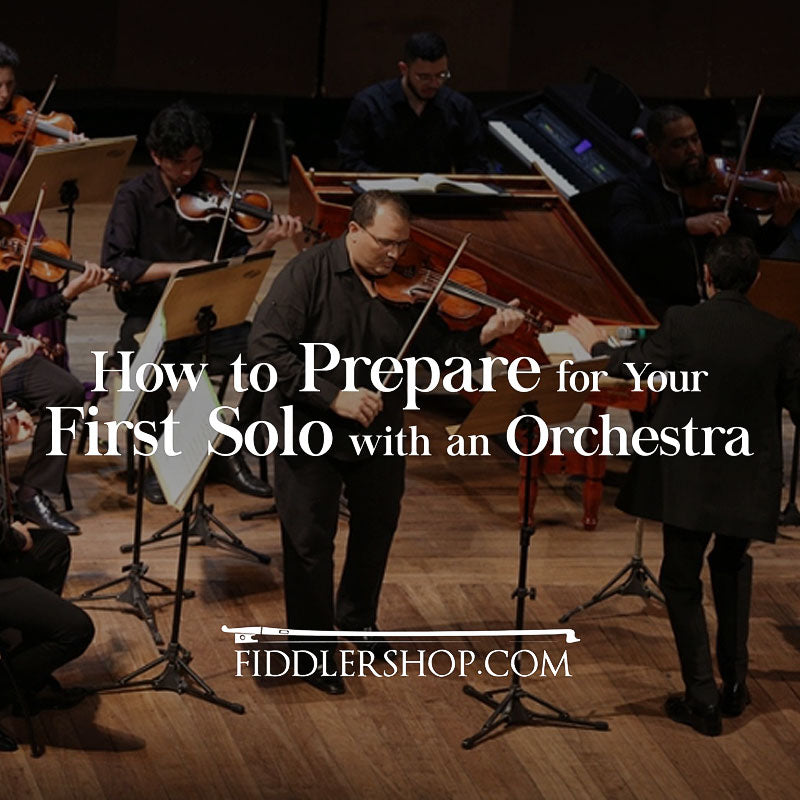
 Gene Huang
Gene Huang Scott Flavin
Scott Flavin Karen Allendoerfer - amateur violist
Karen Allendoerfer - amateur violist